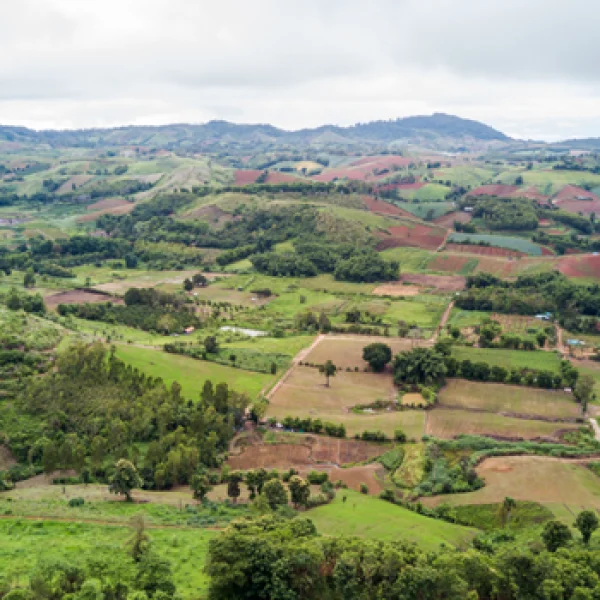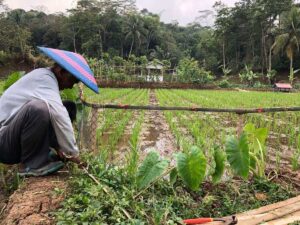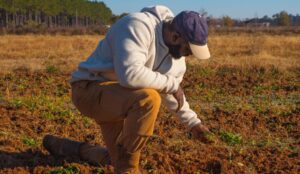Five years ago, we founded Nature For Justice (N4J) to answer a simple but urgent question: How can frontline communities most affected by climate change benefit directly from the billions flowing into nature-based solutions (NbS)?
What began as an exploration of carbon markets quickly became a deeper lesson: carbon credits alone cannot deliver lasting change. Real resilience comes from strengthening livelihoods first and treating carbon credits as just one income stream – never the goal in itself.
This blog shares what we’ve learned and the three pillars that now guide our role in carbon markets.
Pillar 1 – Strong Local Partners
Durable impact begins with trusted, community-rooted organizations. We align with partners who already have “trust networks”—relationships built through years of delivering healthcare, water, agriculture, or other services—and who are ready to strengthen their managerial and technical capacity for long-term impact.
We co-create projects with them and help build the skills needed to steward a 30 to 40-year initiative. Permanence and resilience must be led locally. For example, in Canada, we work directly with First Nation Governments whose leadership is embedded in their communities.
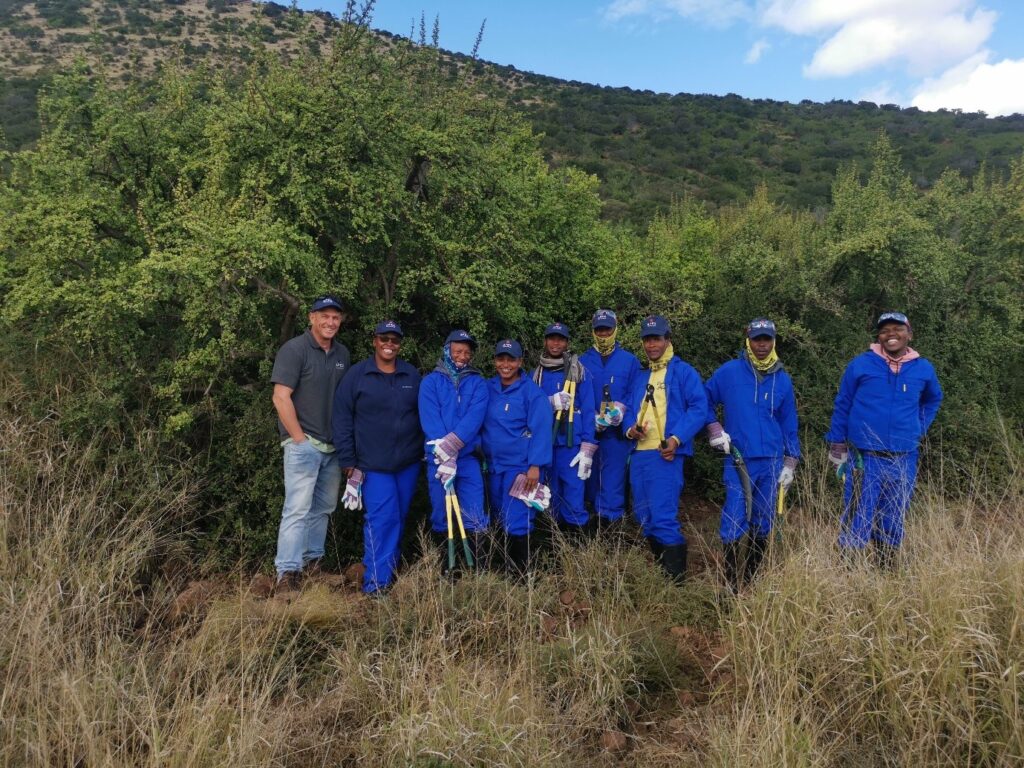
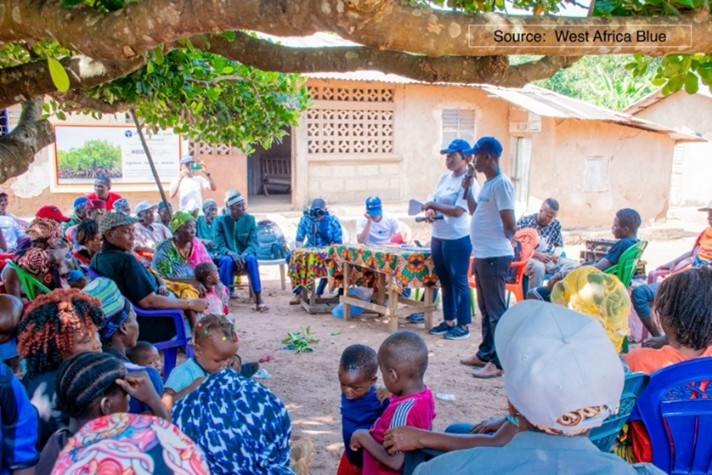
Pillar 2 – Transparent Benefit-Sharing Agreements
Benefit-sharing agreements (BSAs) determine how project financial and non-financial benefits flow to communities. Too often the contract terms are not transparent, and no major carbon standard requires full disclosure. This lack of clarity leaves communities vulnerable to broken promises, delayed payments, or inequitable revenue splits – undermining both trust and long-term impact.
We support the adoption and continuous improvement of emerging high-integrity equitable benefit sharing frameworks—such as Kenya and Ghana’s national guidelines—and follow the lead of West Africa Blue’s open-source “Simple, Equitable Revenue Sharing (SERS)” model. A sound BSA clarifies timing of payments, equity splits, collateral benefits, and risk protections so communities are never left guessing.
Pillar 3 – Committed Investors
Finally, we evaluate potential NbS investors as carefully as they evaluate us. Will they recognize specific needs in the project landscape and agree to a fair, transparent BSA? Stay the course for decades? Strengthen local capacity and supply chains?
We see four investor types:
- Early-stage Partners – join from project inception.
- Feasibility Partners – step in after preliminary work is complete.
- Shovel-Ready Partners – invest in de-risked projects.
- Credit Buyers / Offtakers – purchase carbon credits from our project.
We especially need support from early-stage partners, but the higher costs and risks at this point scare many investors off. That said, some of our partners—like the Royal Bank of Canada—have stepped in early to help us work with indigenous nations to explore co-creating projects. Knowing each investor’s risk appetite helps us pair communities with the right long-term partners.
Nature For Justice is not a carbon project developer—we are a social justice organization with deep roots in sustainable, nature-based economic development. Carbon markets are simply one of the financial tools we use to help frontline communities achieve resilience and prosperity in a changing climate.
As we look ahead, the call is clear:
- For community organizations – build trust networks and claim your role as long-term stewards of vital natural capital.
- For investors – step in early, share risks transparently, and commit for decades, not just a year or two.
- For policymakers and standards-setters – embed equity and disclosure at the heart of every framework.
If you share our belief that carbon markets can—and must—work for justice, we invite you to connect with us. Together, we can turn carbon credits into community power.
To learn more about our organization:
- Our mission and approach.
- Our Growning American Farmer Prosperity Program in the USA.
- The Canada program, First 30×30, in collaboration with IISAAK OLAM FOUNDATION and Nature Focus Development.
And two short pieces from our Insights page that capture our thinking:
- The Risks of Nature Commodification.
- Safeguards: The Importance of Robust Free Prior and Informed Consent (FPIC) for Climate Justice.
To learn more and have a discussion, please reach to me through LinkedIn or HCauley@Nature4Justice.Org.
